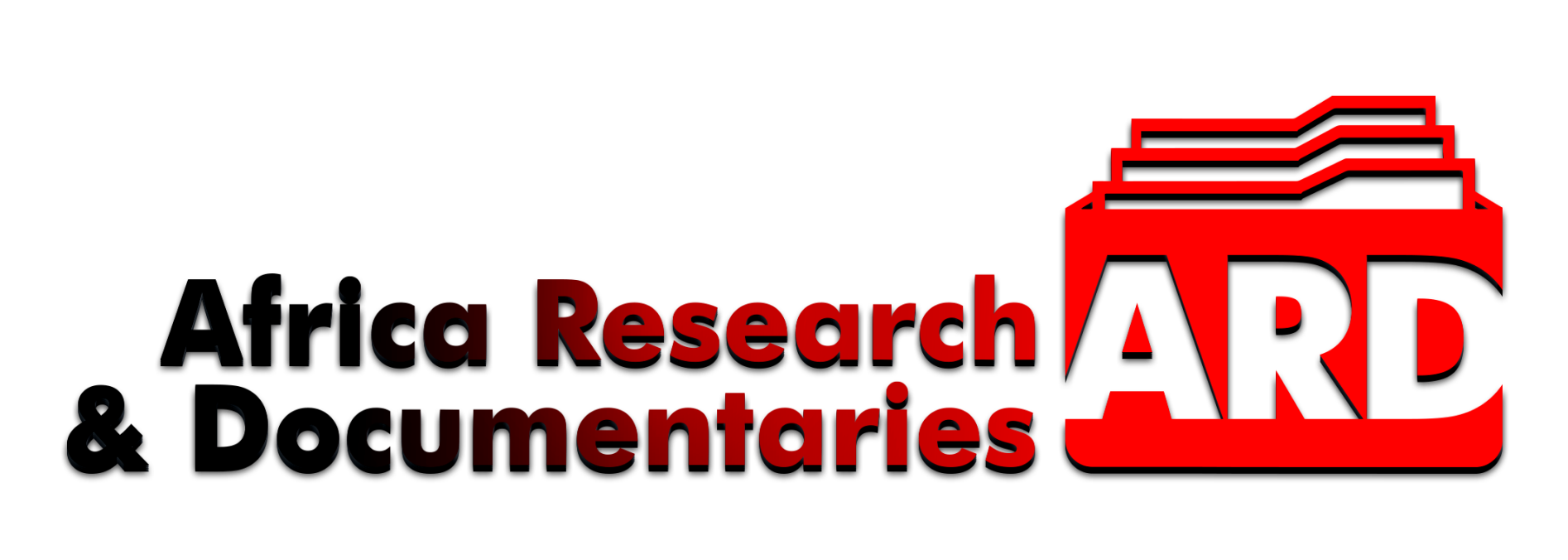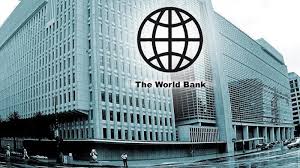World Bank Supports Nigeria’s Growth with New Financing
The World Bank has stepped up its support for Nigeria with a new financing initiative aimed at driving inclusive growth and diversifying the country’s revenue sources. This move is crucial for improving the economic situation, creating jobs, and reducing poverty across Nigeria.
Focus on Inclusive Growth
One of the key goals of this new financing is to promote inclusive growth. This means ensuring that the benefits of economic development are shared widely across all segments of society, especially the vulnerable and poor populations. By focusing on creating opportunities for everyone, the World Bank hopes to support Nigeria in reducing the growing inequality and improving the standard of living for many citizens. In a country like Nigeria, where poverty rates are high and unemployment affects many youths, inclusive growth is essential for long-term stability. The World Bank’s financing aims to stimulate job creation through various sectors, including agriculture, technology, and small and medium-sized enterprises (SMEs). This will help improve the livelihoods of individuals and families, especially those in underserved communities.
Diversifying Revenue Sources
Another critical aspect of this financing is Nigeria’s revenue diversification. Currently, Nigeria relies heavily on oil for its income, which makes its economy vulnerable to global oil price fluctuations. The World Bank’s initiative encourages the government to focus on other sectors like agriculture, manufacturing, and services. By tapping into these sectors, Nigeria can reduce its overdependence on oil, stabilize its economy, and create more sustainable income streams. Diversifying the economy will not only provide more jobs but will also make Nigeria less susceptible to the negative effects of oil price crashes, which have caused economic instability in the past.
The World Bank recently approved new financing to support Nigeria’s inclusive growth and diversify its revenue base. This initiative aims to boost job creation in key sectors like agriculture and small businesses, helping to reduce poverty and promote long-term economic stability
Supporting Homegrown Reforms
The financing from the World Bank also aims to support Nigeria’s internal reforms. These include measures that focus on governance, transparency, and better resource management. By helping the government implement these reforms, the initiative aims to improve public service delivery and make Nigeria’s economy more resilient to external shocks.
This new financing initiative from the World Bank comes at a critical time for Nigeria, offering the potential to support inclusive growth, diversify the economy, and enhance ongoing reforms. For citizens, this means more job opportunities, a stronger economy, and a better future. If properly managed, these funds could transform Nigeria’s economic landscape, making it less reliant on oil and better equipped to tackle challenges such as unemployment and poverty. This development holds great promise for millions of Nigerians looking for brighter economic prospects.











